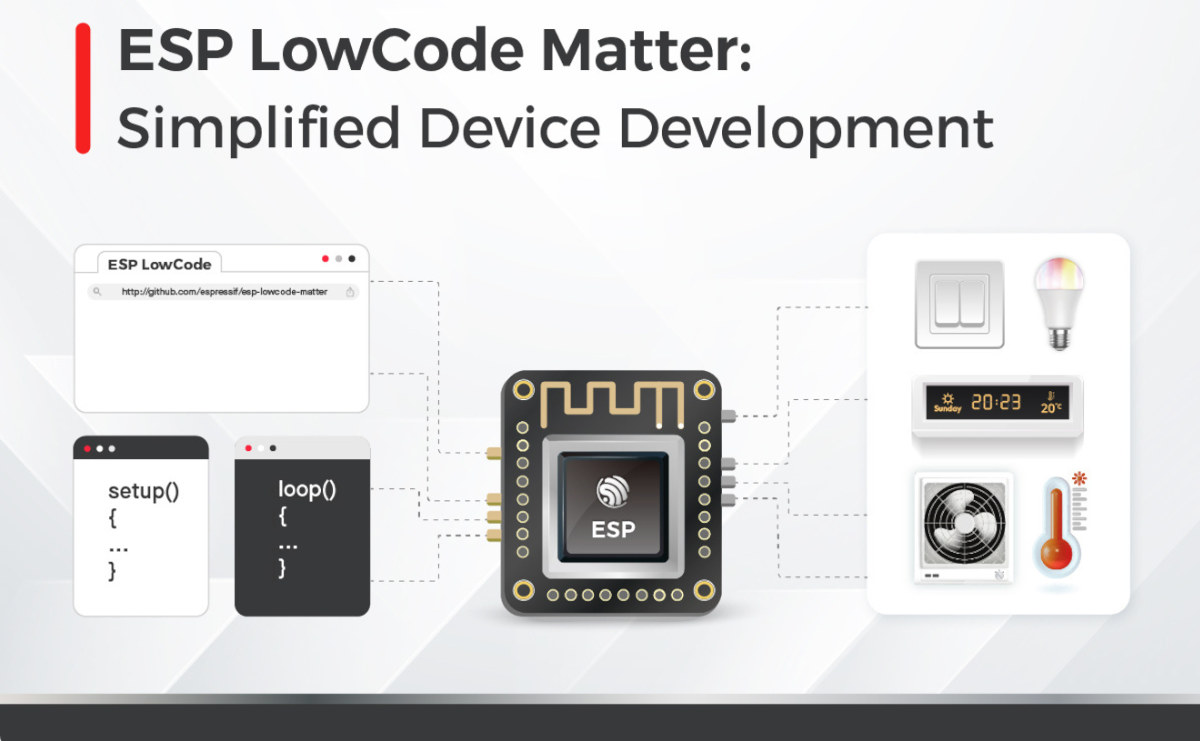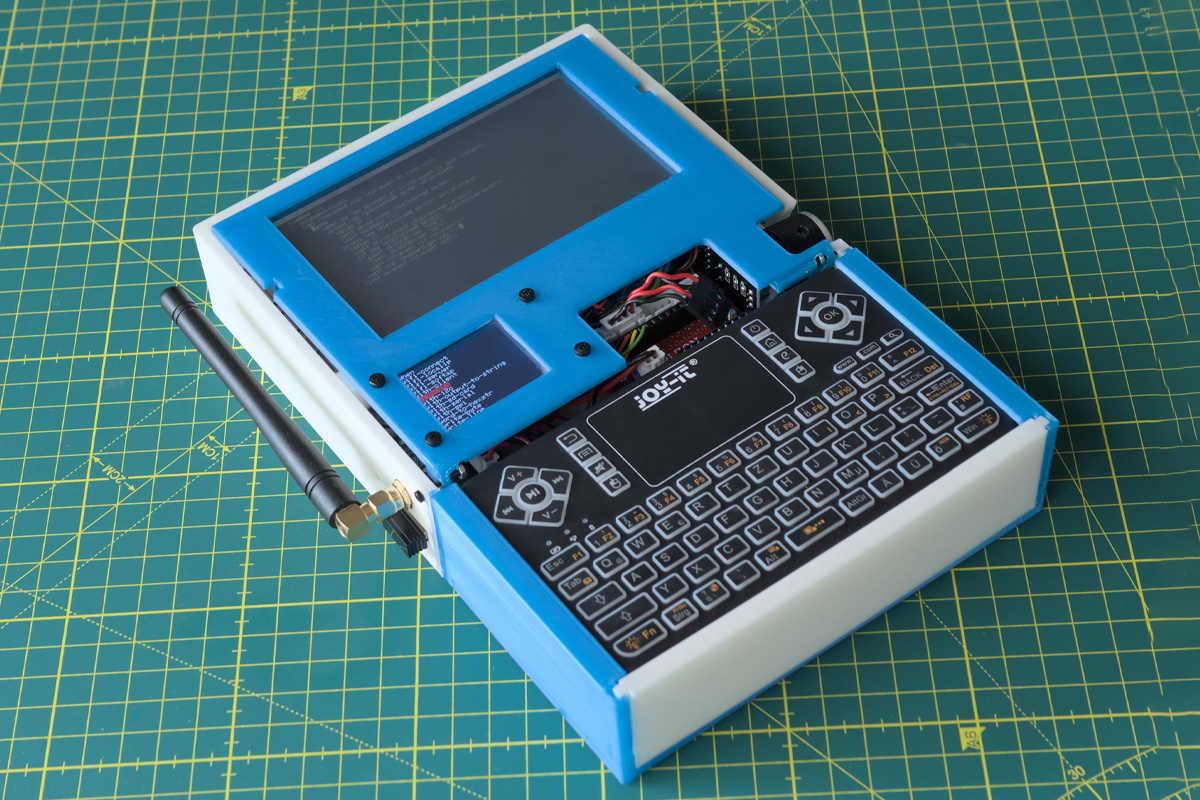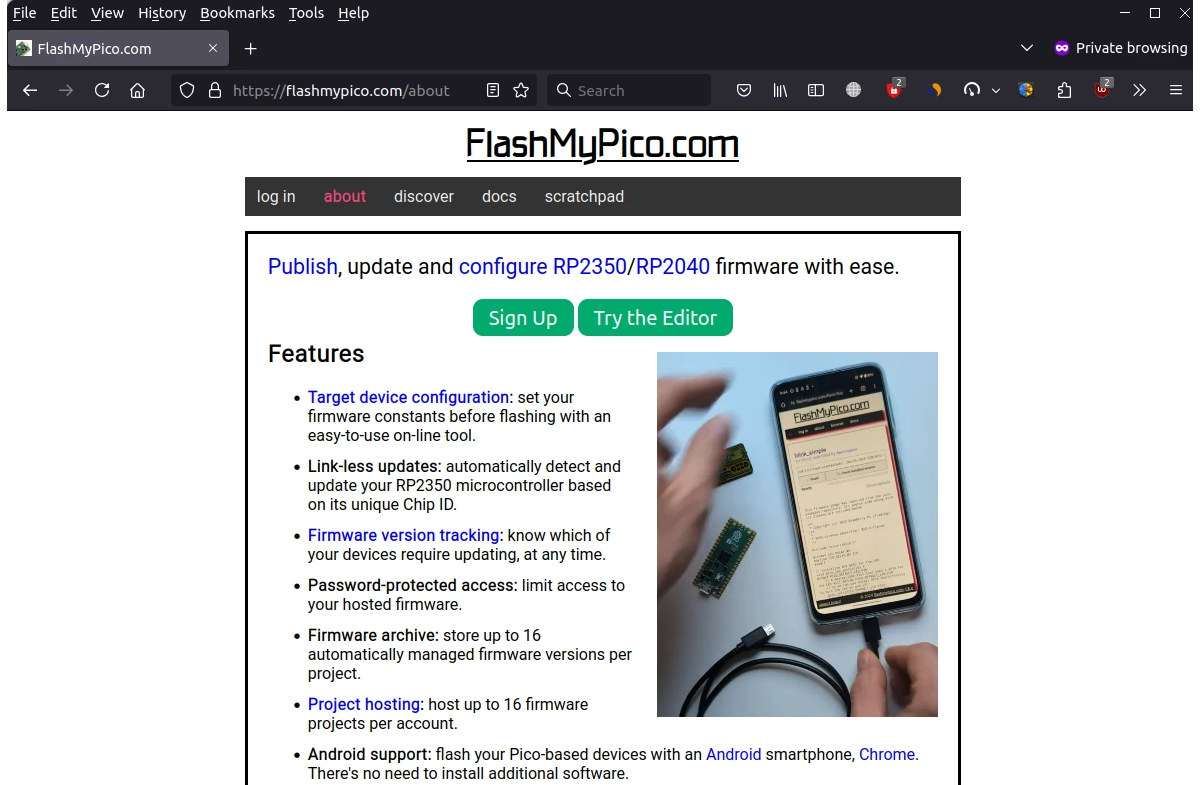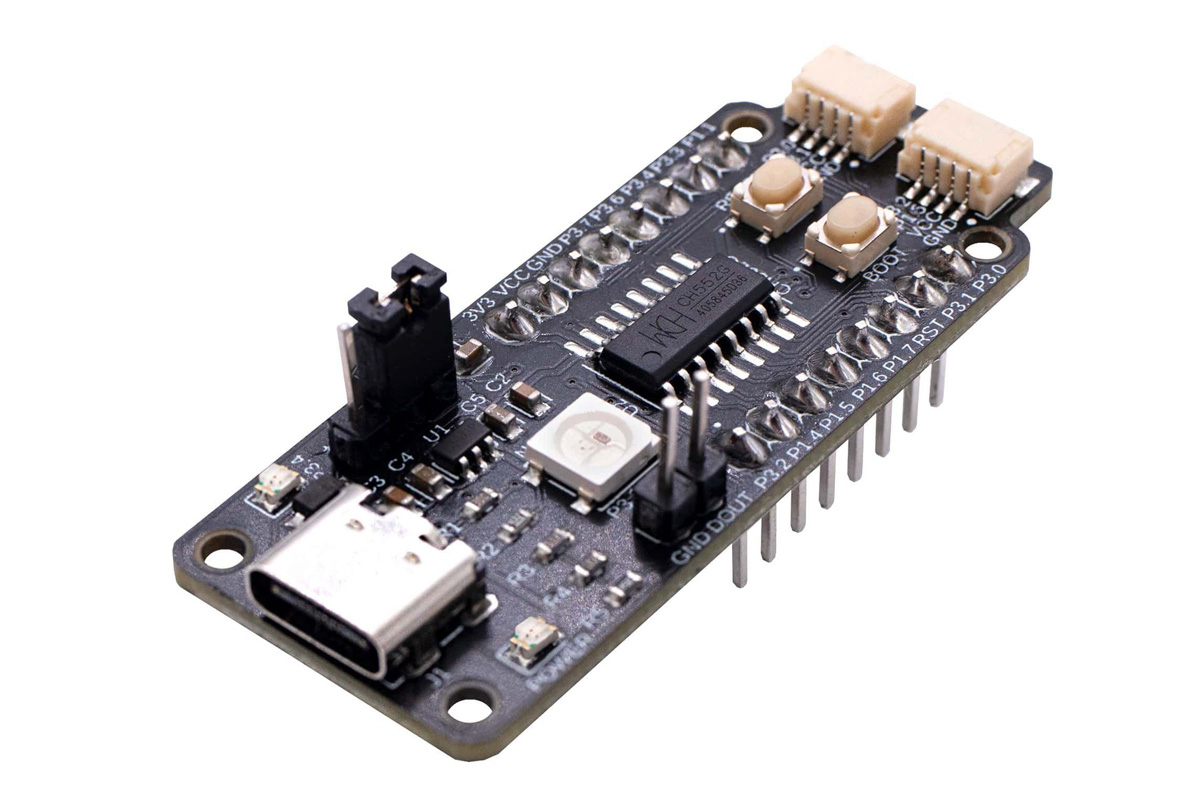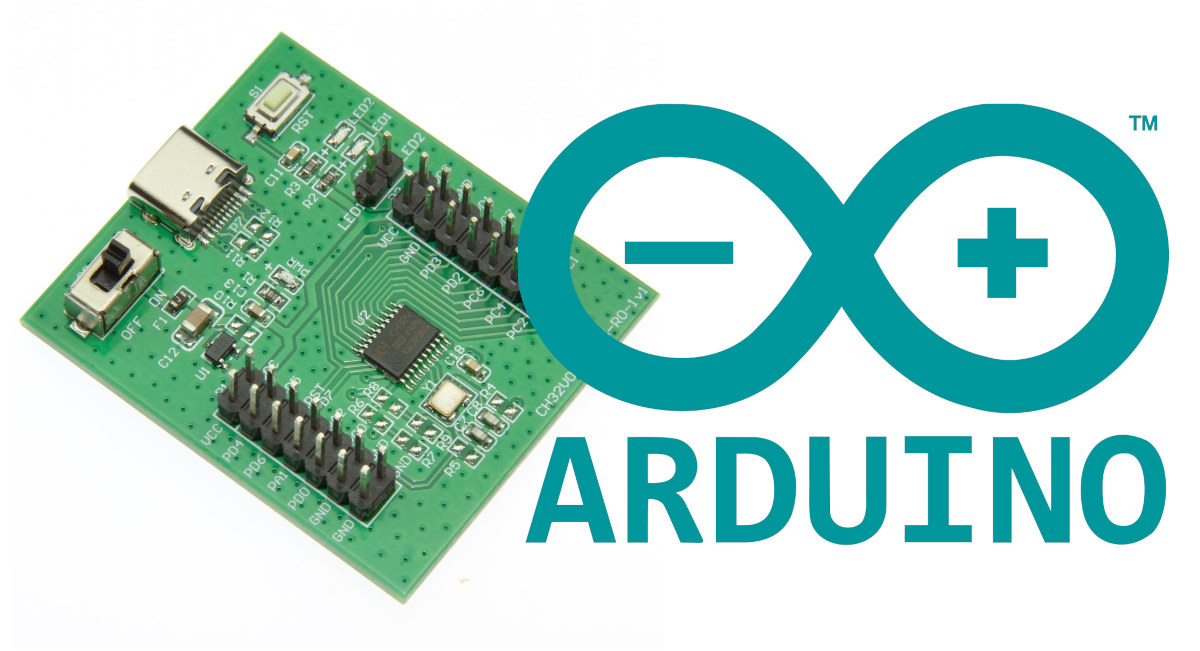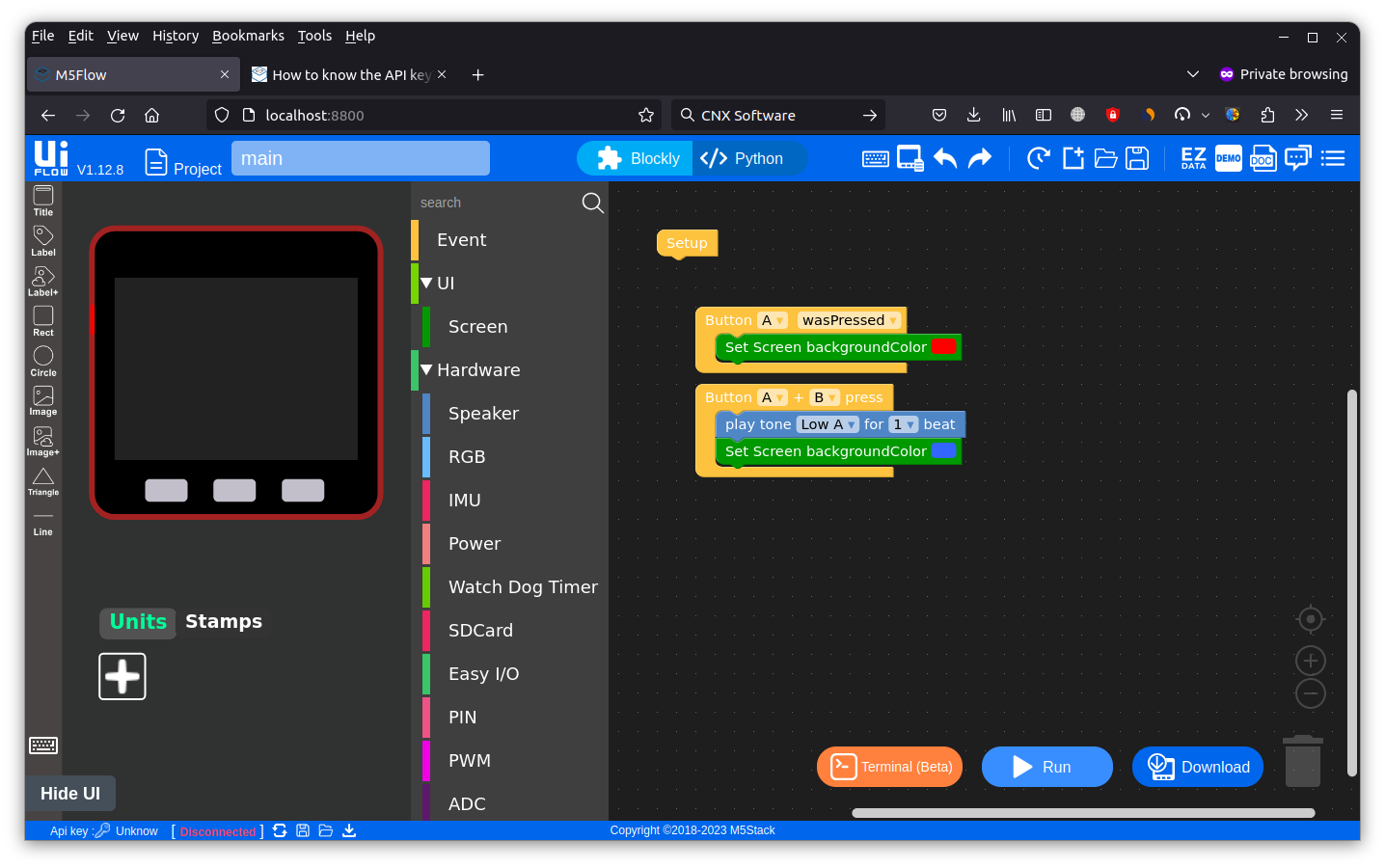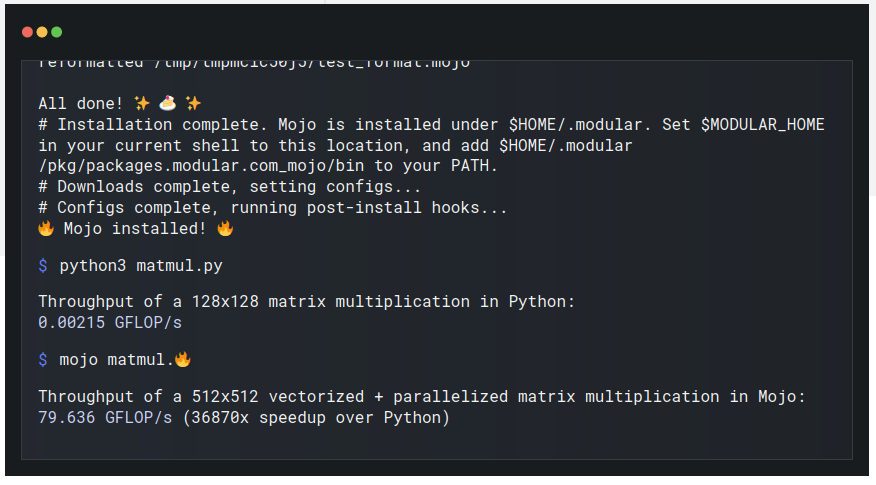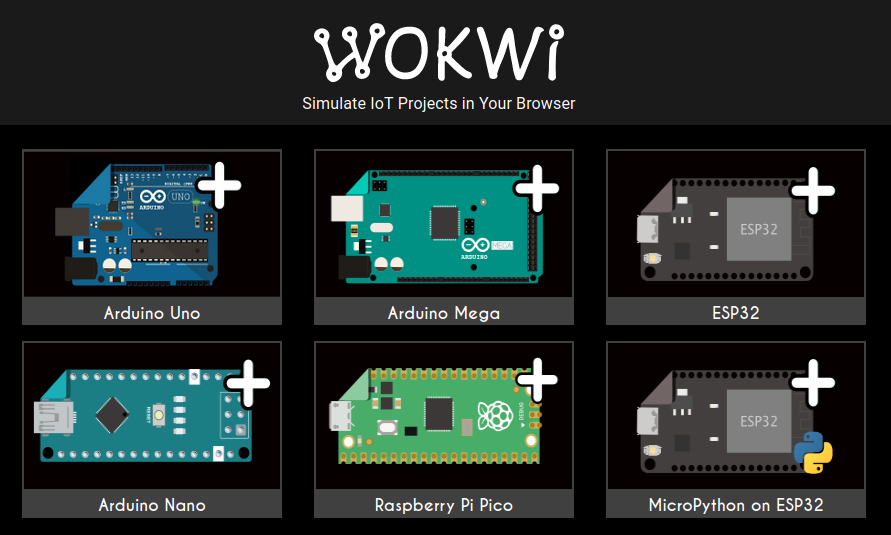Espressif released the ESP ZeroCode web application in the summer of 2023 to create custom Matter-certifiable firmware for ESP32 targets. However, if your application requires some more customization, but you don’t have the budget or need for a software engineering team, the company has now launched ESP LowCode Matter. It retains most of the simplicity of ESP ZeroCode, but also provides the ability to further customize the application without having to use the ESP Matter SDK, which requires more advanced coding skills to build your own firmware. The ESP LowCode Matter divides firmware into two components to simplify the development, maintenance, and certification process: System Firmware – Managed by Espressif, handling the Matter protocol, wireless stacks, OTA updates, and security management. Application Firmware – Developed by device makers, focusing on hardware interfacing, event and state indication, and user interaction. Development is done right in the web browser thanks to VS […]
LispDeck handheld lisp computer Runs uLisp on Teensy 4.1 with Wi-Fi, LoRa, and two screens
Designed by Hartmut Graw, the LispDeck is a Handheld Lisp computer built around the Teensy 4.1 microcontroller for Lisp programming on the go. It features a dual-screen setup with a 5-inch touchscreen and, a secondary ST77350-based TFT display. It also has an Adafruit RFM96 radio module, an ESP8266 Wi-Fi module, a rotary encoder, an SD card for storage, and a detachable wireless USB keyboard, all housed in a 3D-printed case. Running the uLisp language, it features a standalone Lisp programming environment without needing a PC or tablet. It is an evolution of the LispBox, with a portable and battery-powered design, which also maintains compatibility. Unlike Raspberry Pi-based cyberdecks, the LispDeck is designed for complete control over the system without the complexity of Linux. It is useful for Lisp enthusiasts who want a compact, dedicated computing device that’s fully documented. LispDeck Specifications SoC – NXP i.MX RT1062 via Teensy 4.1 board […]
FlashMyPico – Raspberry Pi Pico / Pico 2 code editing and firmware flashing from a web browser
FlashMyPico website allows you to write C code, build the firmware, and flash it to your Raspberry Pi Pico, Pico W, Pico 2, or Pico 2 W directly from a web browser instead of having to check out the code from GitHub, build it in a terminal, and then manually copy the resulting binary. I’ve given it a quick with a Raspberry Pi Pico 2 board. The first step is to head over to flashmypico.com from your computer or even an Android smartphone. You’ll need a web browser that supports WebUSB, so for example, Firefox is not an option, and I eventually had to use Google Chrome instead. There’s a detect device link on the bottom left, so I clicked on that first, and my Raspberry Pi Pico 2 was detected as “RP2350 Boot” after I put it in bootloader mode. But it just told me that my board is […]
$6 Cocket Nova CH552 development board features CH552G 8-bit MCU with an enhanced 8051 core
The Cocket Nova CH552 is a cheap and versatile development board built around the CH552G MCU with an enhanced 8051 core clocked at 24MHz. Designed for beginners and hobbyists, this board features easy USB Type-C programming, onboard LEDs and a Neopixel RGB, reset and boot buttons, and Qwiic/STEMMA QT connectors for easy expansion. Additionally, it gives access to 17 GPIOs, PWM, ADC, and touch button capabilities. These features along with low-cost and standard breadboard compatibility make this development board suitable for learning and experimentation. We have previously written about other products built around the CH552G/T microcontroller, namely a $10 Arduino-programmable keyboard and the Turing Smart Screen 3.5-inch USB Type-C information display. Users interested in inexpensive 8-bit MCU boards may also check out Electrodragon’s CH551 mini development board based on another MCU part of the CH55x family. Cocket Nova CH552 development board specifications: MCU – WCH CH552 8-bit Enhanced USB single-chip MCU […]
WCH RISC-V microcontrollers can now be programmed with the Arduino IDE
WCH has launched some interesting RISC-V microcontrollers in the last year or so, including the “10 cents” CH32V003 RISC-V microcontroller with 2KB SRAM and 16KB flash or the CH32V307with more resources (up to 64KB SRAM and 256KB flash) and additional peripherals. So far they were programmable in C language using MounRiver IDE or an open-source toolchain, but WCH has now announced Arduino support for many of those RISC-V microcontrollers which should enable more people to get involved. The core library for CH32duino works with OpenOCD through WCH-LINKE hardware to download the firmware and debug WCH chips and a riscv-none-embed-gcc toolchain that supports custom RISC-V instructions (half-word and byte compression instruction extensions and hardware stack push/pop functions) found in WCH RISC-V microcontroller. The following evaluation kits are currently supported with ADC, DAC, USART, GPIO, EXTI, SysTick, I2C, and SPI peripherals: CH32V003F4P EVT board CH32V203G8U EVT board CH32X035G8U EVT board CH32V103R8T6_BLACK EVT […]
M5Stack releases local server implementations of UIFlow visual programming Web IDE
Visual programming is now a very popular method to teach programming to kids and M5Stack relies on UIFlow for their ESP32-based IoT development kit. Like most other companies, M5Stack provides either a Web IDE accessible from their server or a desktop program available for Windows, MacOS, or Linux, but the company has now released a local server implementation that allows users to run a Web IDE instance in their local network. The local server is available for Windows 11 x64, MacOS, Ubuntu 22.04, and Linux Arm (e.g. Raspberry Pi), so I downloaded the Ubuntu version to give it a try on my laptop. Somehow the Ubuntu release is full of Windows DLLs, but let’s ignore that for now, and the README.txt tells us to install one dependency and run the program as follows:
|
1 2 |
apt install ttf-mscorefonts-installer ./UIFlow.Server.Desktop |
A window pops up letting us start or stop the server. It can be accessed with […]
Modular Mojo claims to be over 36,000 times faster than Python for AI workloads
Modular Mojo is a new programming language designed for AI developers that is said to combine the usability of Python with the performance of C with over 36,000 times the performance of Python on a matrix multiplication workload. Modular Mojo programming language was not in the initial plan of the company but came about when the company’s founders – who focused on building a platform to unify the world’s ML/AI infrastructure – realized that programming across the entire stack was too complicated and also ended up writing a lot of MLIR (Multi-Level Intermediate Representation) by hand. The “over 36,000 times speedup” claim comes with the matmul.py script performing a 128×128 matrix multiplication in Python with a throughput of 0.00215 GFLOP/s and another script doing 512×512 vectorized + parallelized matrix multiplication in Mojo at 79.636 GFLOP/s. The claim looks dubious and that’s odd they used different matrix sizes, but some are […]
Wokwi – An Arduino, Raspberry Pi Pico, and ESP32 board simulator
Wokwi is an online simulator for Arduino, Raspberry Pi Pico, and ESP32 boards, or even your own custom microcontroller board designed to learn programming without the actual hardware. My girlfriend’s daughter has just attended a free 5-day online course about AI, IoT, ESP32, MicroPython, and more organized by King Mongkut’s Institute of Technology Ladkrabang (KMITL) and IMAKE Innovation, a STEM education company in Thailand. I was told they had some homework for ESP32 as part of the course, so I asked her whether she wanted an ESP32 board. But she said no need. So then I asked how to program the ESP32 without the board, or do they have a simulator? And indeed I was sent the screenshot below along with a blurry video showing the LED display updated as the program runs in the web browser. Considering ESP32 boards are so cheap and external modules or a breadboard are […]


